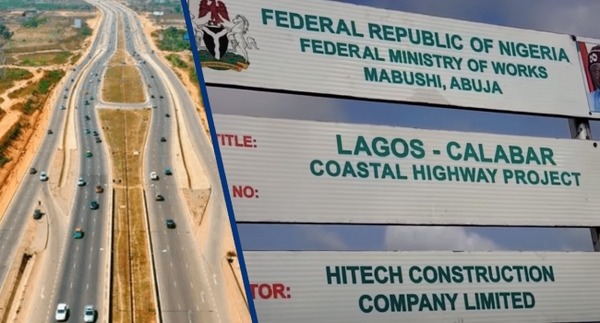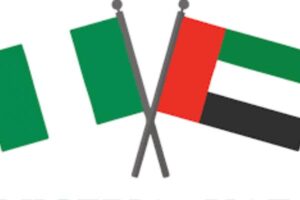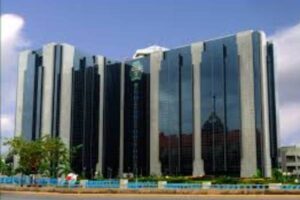Residents of Okun-Ajah community are appealing to the federal government to revert to the old design of the Lagos-Calabar coastal highway and shelve the planned demolition of over 2,000 houses.
Okun Ajah is the ancestral home of thousands of Lagosians in EtiOsa local government area of Lagos.
For decades, this large expanse of land and sea front has served as a home, heritage and business area but the red markings on over 2,000 buildings along the coastline signify the federal government’s bulldozers are expected anytime soon and if negotiations are deadlocked, the schools, homes and traditions will give way to the Lagos-Calabar coastal highway.
Locking up their shops and makeshift creche, residents of Okun-Ajah community troop out to protest what they allege as irregularities in the project alignment.
The indigenes claim Okun-Ajah Community was granted a Certificate of Occupancy over their communal land in 2006.
Read Also
The Survey Plan attached to the C of O clearly depicted the portion of the communal land earmarked for the then-proposed coastal road which is Okun-Ajah extension.
Obafemi Ajose’s house has also been marked for demolition. He says the prospect of losing his home has been stressful for him and his family.
The pilot phase of the Lagos-calabar coastal highway started at the Eko Atlantic City and it will terminate at Lekki Deep Seaport, for N1.06 trillion.





